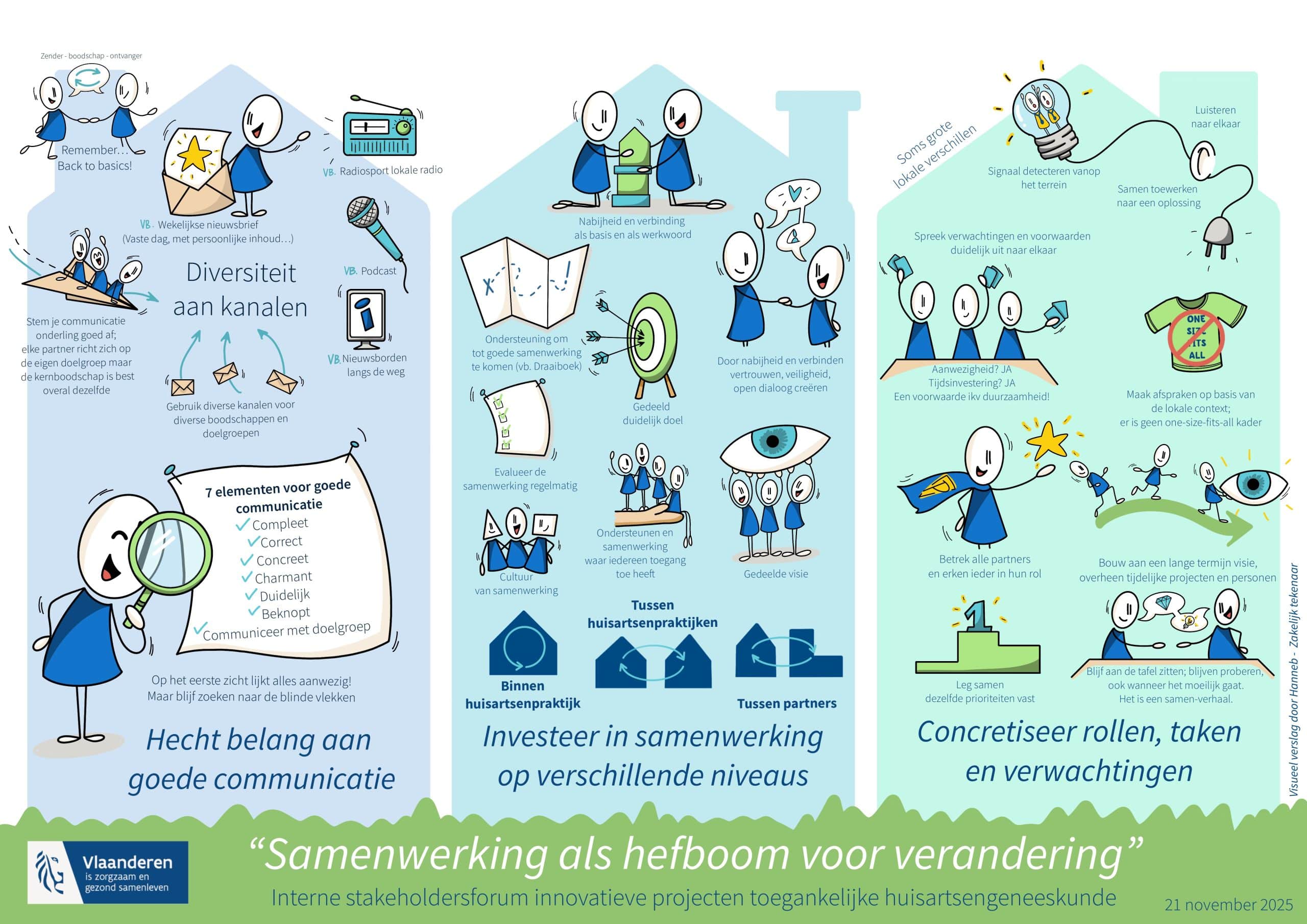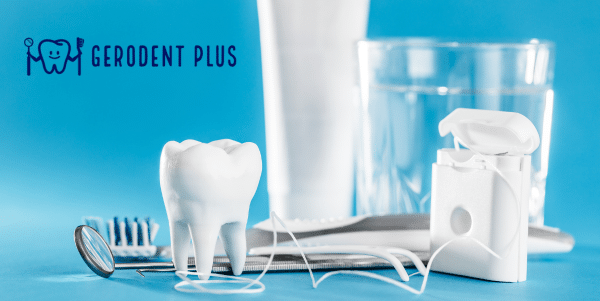Wat doet een eerstelijnszone?
Eerstelijnszones zijn opgericht om de samenwerking tussen lokale overheden, zorgaanbieders en de persoon met zorg- en ondersteuningsnood te faciliteren en te ondersteunen.
What is a primary care zone?
In Vlaanderen en Brussel zijn er 60 eerstelijnszones. Elke eerstelijnszone telt minstens 60.000 inwoners. Het doel? Een effectieve en kwaliteitsvolle eerste lijn waar de burger centraal staat en die toegankelijk is voor iedereen. De eerstelijnszorg werd de afgelopen jaren grondig hervormd. De eerstelijnszones vormen de basis van deze hervorming.
Wil je weten in welke eerstelijnszone jij woont of werkt? Surf naar eerstelijnszone.be
What is a Care Board?
Een zorgraad is de door het eerstelijnsdecreet opgerichte structuur die binnen zijn werkgebied (de eerstelijnszone) werkt aan de organisatie van de eerstelijnszorg en de ondersteuning van de eerstelijnszorgaanbieders. Een zorgraad heeft de juridische vorm van een privaatrechtelijke vereniging met rechtspersoonlijkheid die rechtstreeks noch onrechtstreeks enig vermogensvoordeel mag uitkeren of bezorgen behalve voor het belangeloze doel dat in de statuten bepaald is. In de praktijk zijn zorgraden dus VZW’s met een bestuursorgaan en een algemene vergadering.
The care councils were established on 1 July 2020. In a very short time, they took up their role and place in the Primary Care. This is done by responding flexibly to the needs of their zone. During the Covid-19 crisis, they received a lot of additional assignments. Thanks to the multidisciplinary nature of the care council, they manage to quickly bring people together and make appointments.
Download the list of contact details for care councils here.
Ze worden daarbij ondersteund door VIVEL met vormingen en activiteiten uitwerkt op basis van hun noden en behoeften


